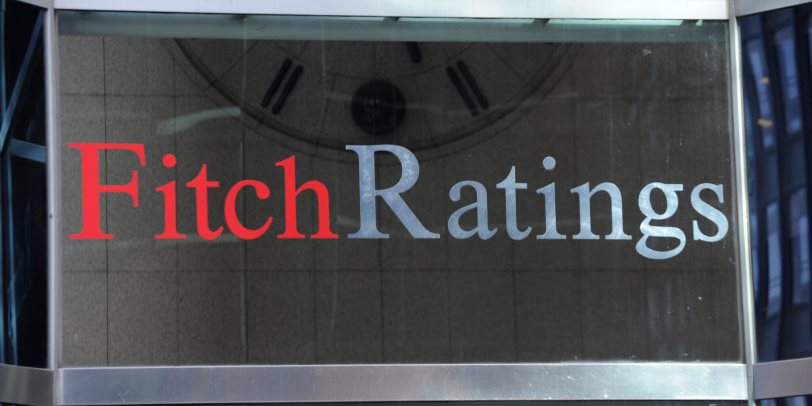Egyptian banks to see more pressure from pandemic effects: Fitch Ratings
Fitch also expects the banking sector’s ratio of stage three loans to rise to 4 percent by the end of the year, compared to 3.4 percent in the Q3 of 2020

Banks in Egypt could see more pressure and face asset-quality deterioration due to lower interest rates and higher loan impairment charges, but the sector could still bounce back by benefiting from growth and revenue opportunities, says Fitch Ratings.
The international ratings agency does not “expect this to lead to capital erosion, but capitalization remains a credit weakness given banks’ high exposure to the sovereign and large individual obligors.”
Opportunities for growth is expected to come from less stringent lockdowns and resilient consumer consumption and public investment.
Fitch also expects the banking sector’s ratio of stage three loans to rise to 4 percent by the end of the year, compared to 3.4 percent in the Q3 of 2020.

Curtesy Fitch Ratings
These will be supported by the Central Bank of Egypt’s (CBE) significant interest rate cuts to boost lending, a six-month deferral of loan repayments and flexibility on how banks classify loans.
Fitch does add that they believe these measures have only delayed rather than prevented asset-quality deterioration.
However, the key indicators of asset-quality pressures are likely to be a higher level of restructured exposures and migration of Stage 1 loans to Stage 2, they added.
Ratios of Stage 2 loans vary significantly among banks, largely due to some banks more proactively front-loading their provisions by classifying performing loans as Stage 2 despite forbearance measures.
The agency expects continued pressure on operating profitability due to lower interest rates and higher loan impairment charges, with capitalization seen as a “credit weakness given banks’ high exposure to the sovereign and large individual obligors”.
They also note that regulatory capital ratios are inflated by the zero risk-weighting on local-currency sovereign debt.
Banks’ foreign-currency liquidity has recovered from the large sell-offs and portfolio outflows in March and April 2020 but remains vulnerable to foreign investors’ confidence in emerging-market debt and exchange-rate fluctuations, they stated.





